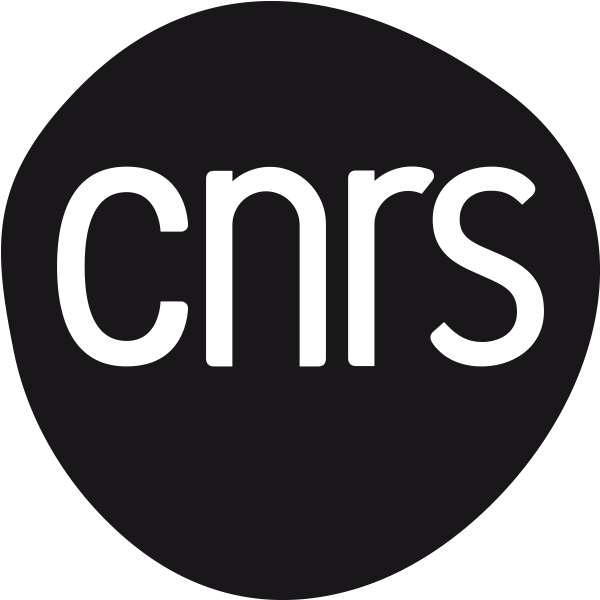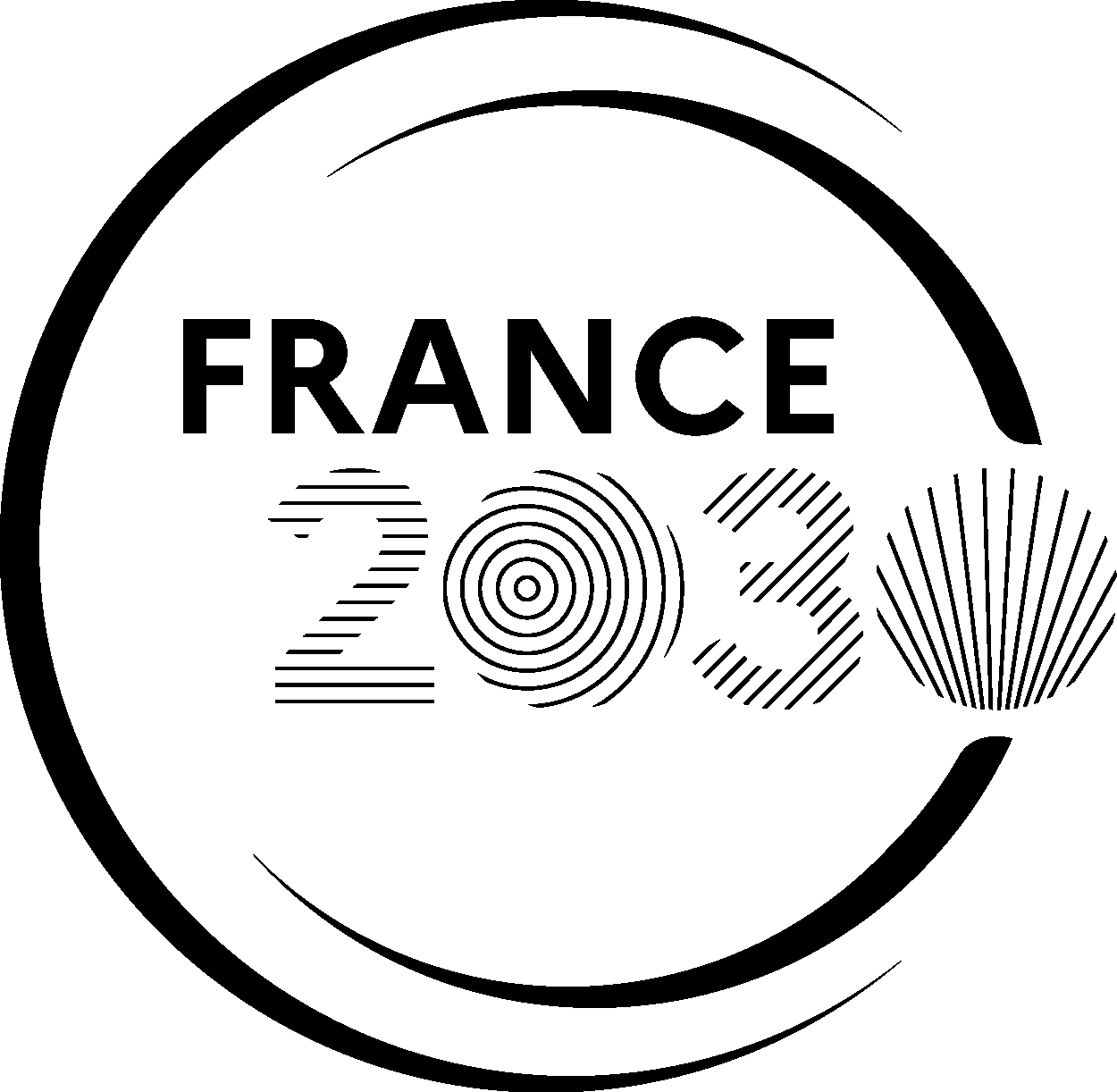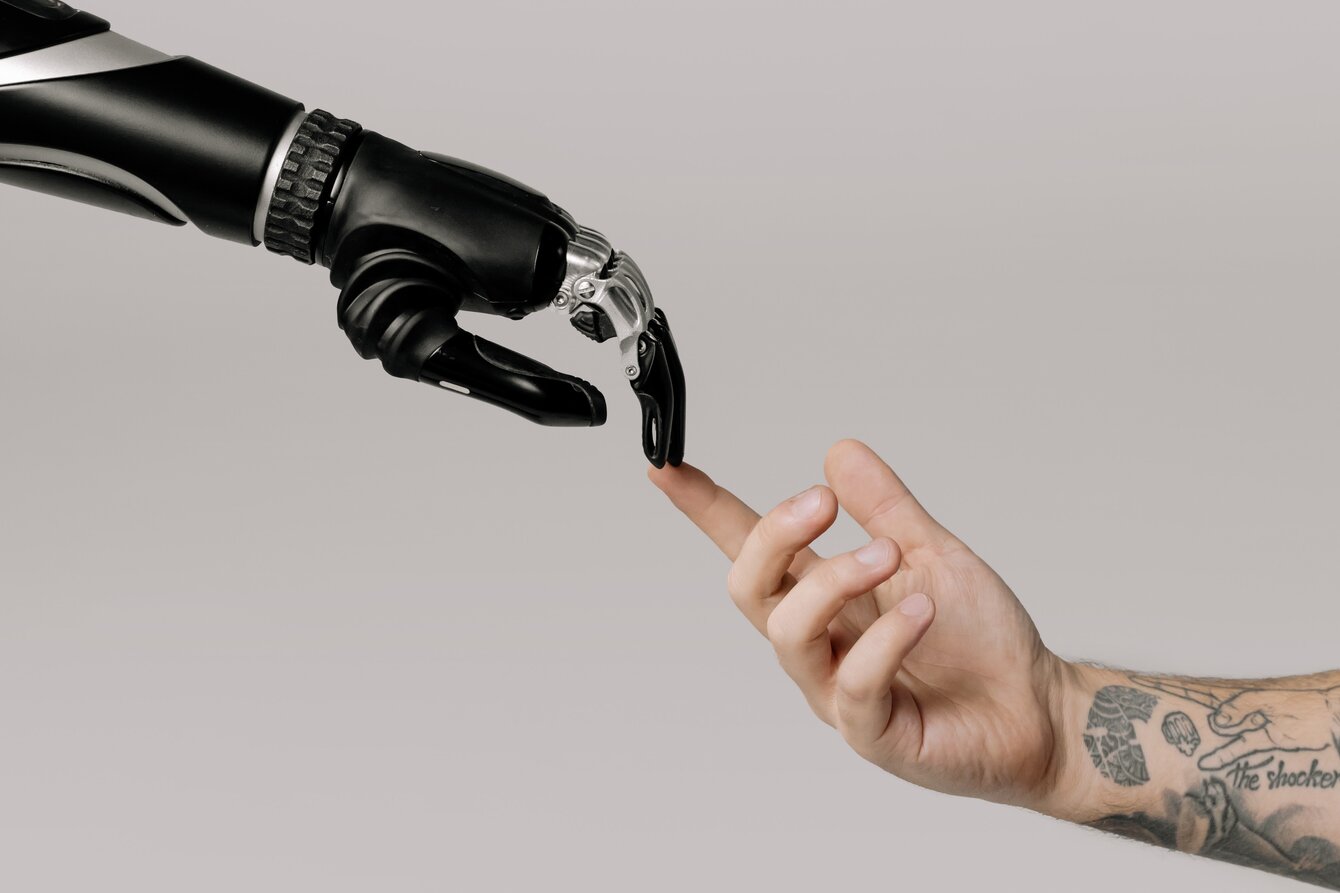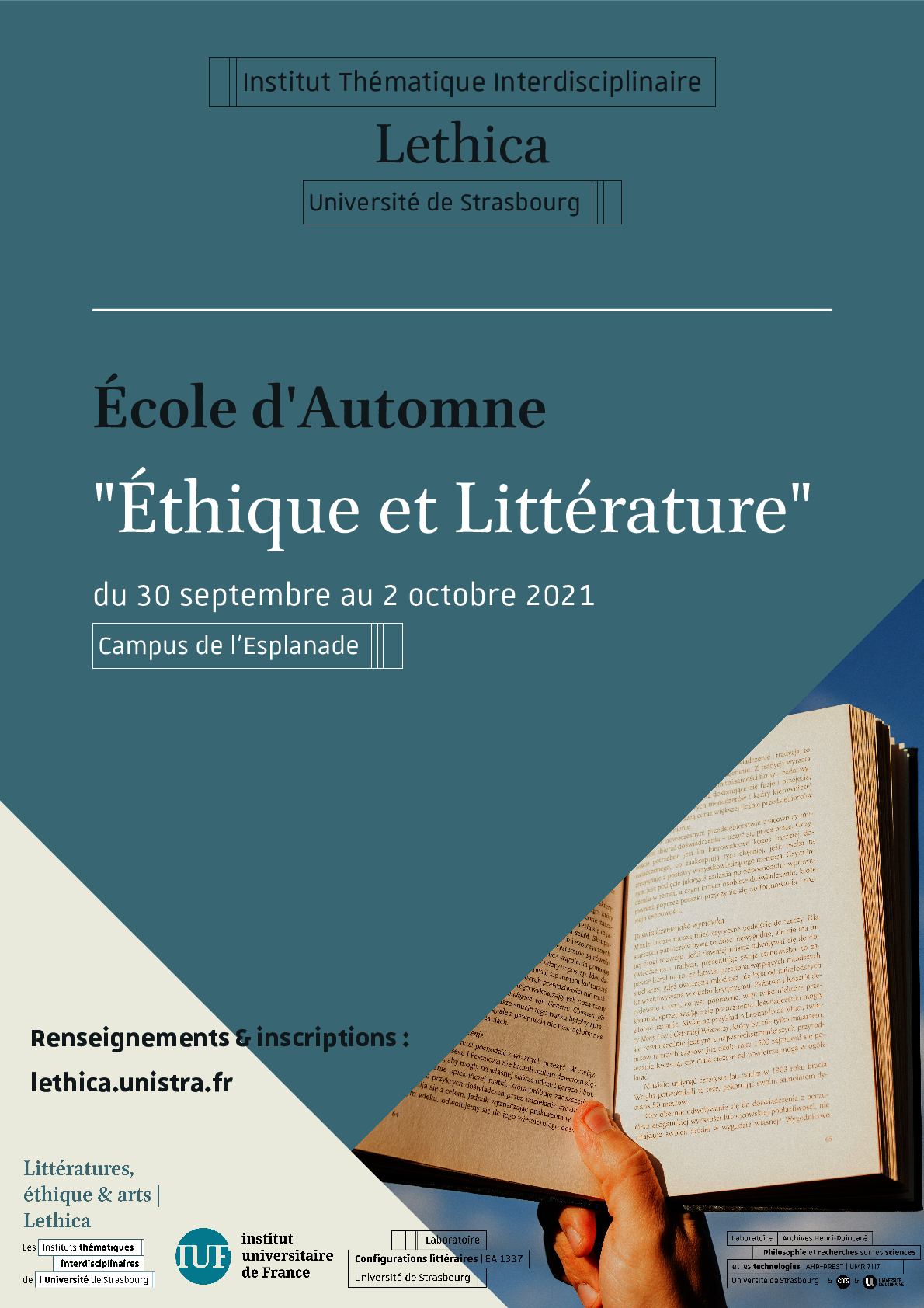Ecole d'automne 2024 "Le Grand Dérangement" : Enjeux éthiques et esthétiques du changement climatique (N. Chavoz et A. Mangeon) 30 septembre, 1er et 2 octobre 2024

Consacrée aux enjeux éthiques et esthétiques du changement climatique, l’École doctorale d’automne 2024 a rassemblé des chercheurs issus de disciplines diverses - philosophie, droit, littérature, glaciologie, climatologie – ainsi que des artistes et des écrivains dont l’œuvre s’attache directement à traiter de la crise écologique. En intégrant le discours sur le changement climatique dans un contexte international, pluriséculaire et interdisciplinaire, l’École visait à constituer un forum de discussion, de réflexion, mais aussi de « respiration » (Marielle Macé, Respire, 2023) ouvert à toutes et à tous.
Page de l'événement & Recension



![[Translate to English:] Affiche de l'école d'automne Lethica 2023](/websites/_processed_/7/c/csm_Affiche_iti-lethica_ecoleautomne2023_v2_55fdca10c5.png)

